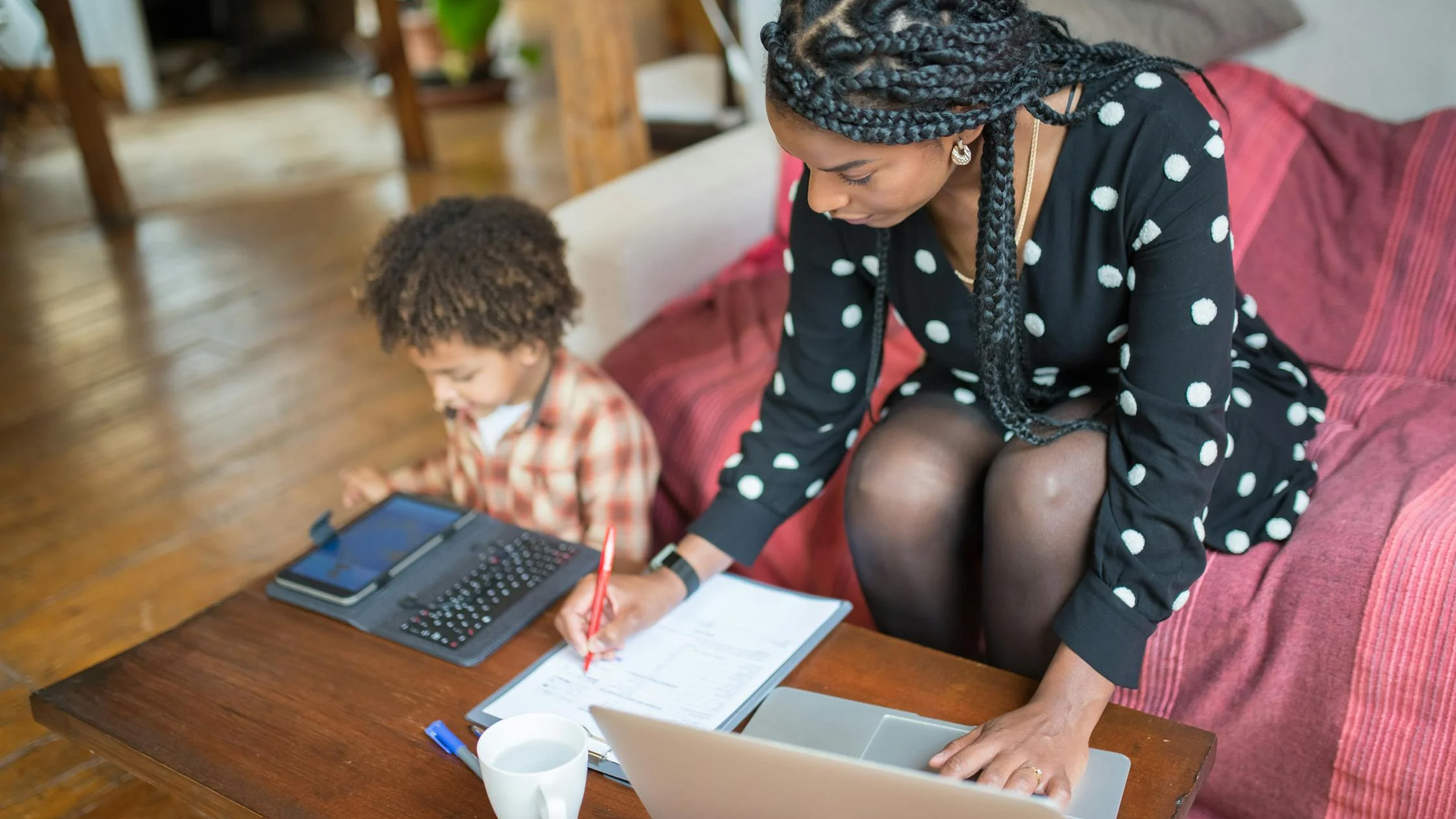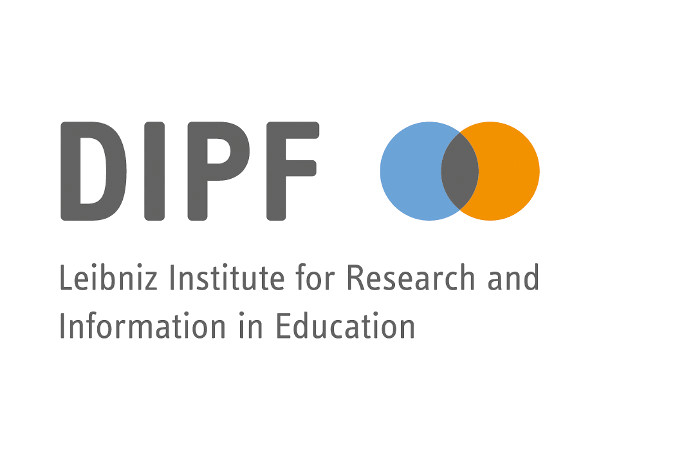PACO – Psychological Adjustment to the COVID-19 Pandemic

Start date
March 2020
End date
March 2021
Participants
Over 950 parents living in households with school-aged children
Main goal
Understanding how parents managed the stress of the pandemic
Summary
The PACO study focused on how families with school-aged children adapted to the challenges of the COVID-19 pandemic in early 2020. As schools closed and strict restrictions were put in place to slow the spread of the virus, many parents faced increased stress and changes in their daily lives.
To understand this better, researchers conducted an online study that included over 950 parents. They filled out an initial survey in late March to early April 2020. More than 560 of these parents participated in daily surveys for three weeks, sharing their experiences and feelings about their new routines each evening. At the end of this period, they completed a final survey to summarize their experiences.
The study aimed to find out what daily experiences helped parents adjust to the new situation, how their behaviors and feelings changed over time, and the role homeschooling played in this adjustment. Later, in November 2020, the researchers followed up with participants to see how these early experiences affected families' thoughts and feelings six months later.
Overall, the PACO study provided valuable insights into the ways parents navigated the stress of the pandemic and how those experiences shaped their lives in the months that followed.
Person responsible for the project: Prof. Dr. Andreas Neubauer (a.neubauer@dipf.de )
What do we want to achieve?
1
Learning how families with school-aged children adjusted to the challenges of the COVID-19 pandemic, including school closures and social restrictions.
2
Discovering what everyday experiences and routines helped parents and children cope better during this difficult time.
3
Observing how parents' feelings and behaviors changed over the three weeks of the study to provide insights into their adaptation process.
4
Investigating how homeschooling affected families and contributed to their ability to adapt to the new situation.
5
Assessing how daily experiences during the early phase of the pandemic impacted parents' and children's thoughts and feelings several months later.
Results
Increased Stress for Parents
Many parents reported feeling more stressed during the pandemic due to managing multiple responsibilities, including homeschooling, household duties, and work.
Homeschooling Challenges
Parents found homeschooling to be a major challenge. Balancing work and helping their children with schoolwork was overwhelming for many families.
Daily Routines Helped
Establishing daily routines helped parents and children adapt to the new situation. Routines provided structure and a sense of normalcy during a time of uncertainty.
Emotional Ups and Downs
Parents' emotions varied day to day. They experienced a mix of frustration, anxiety, and stress, but some also had moments of joy and connection with their families.
Long-Term Impact
Six months later, parents still felt the effects of the early pandemic. Some continued to experience stress, while others had developed coping strategies over time.
Importance of Support
The study showed that families needed access to support systems, like community resources and mental health services, to help them manage the stress of the pandemic.
Keywords
#COVID-19, #ambulatory assessment, #homeschooling, #parent–child dyad, #affective well-being, #self regulation
Further information
Our partners
DIPF - Leibniz Institute for Research and Information in Education - Germany
Humboldt-Universität zu Berlin - Germany
Progress PACO


 English
English  Deutsch
Deutsch 